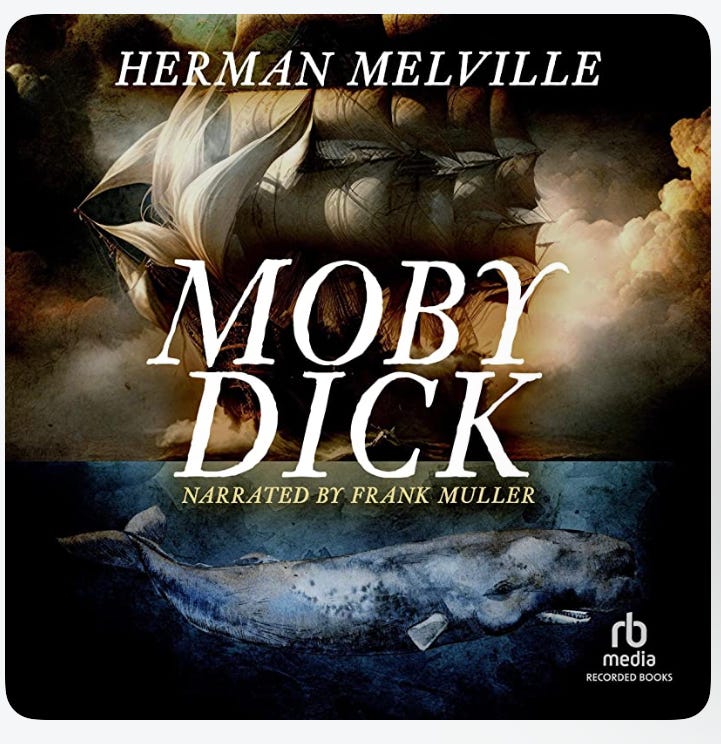Spring has sprung in New York in April, and I am someone who enjoys reading books that feel like they fit the season. This is not always the case, but for instance I’m not sure how I feel
Moby Dick by Herman Melville
Since December of last year I’ve been reading or re-reading a classic of literature every month. In the case of Moby Dick I’ve read it slo…
Keep reading with a 7-day free trial
Subscribe to Elice Island Newsletter to keep reading this post and get 7 days of free access to the full post archives.


